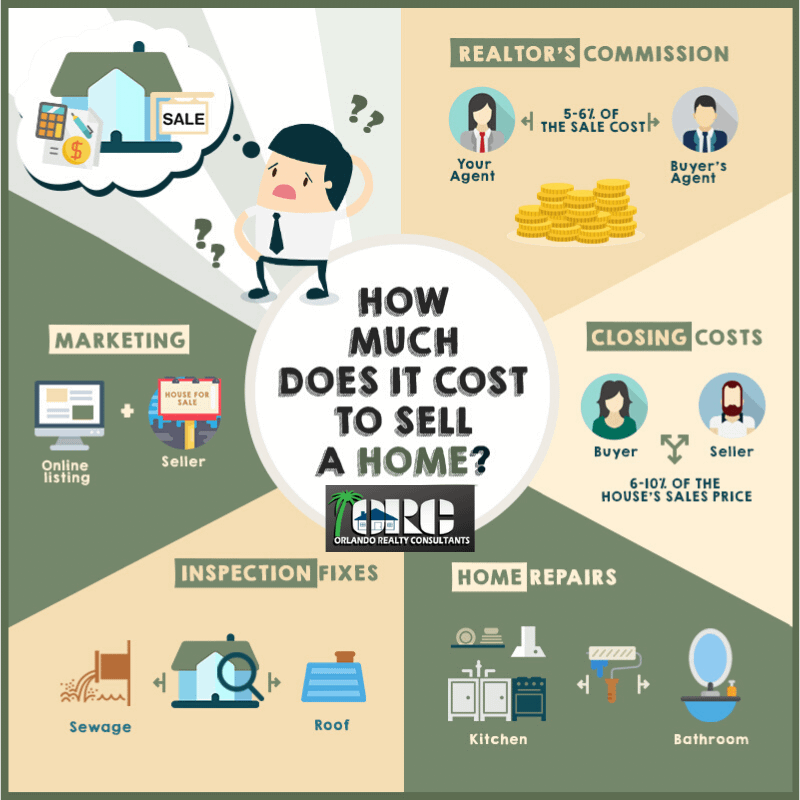Introduction
Selling your home is a significant decision that comes with its own set of challenges. When the real estate market leans towards buyers, known as a buyer’s market, the competition can become even more intense. However, with the right strategies and a proactive approach, you can navigate this situation successfully. In this blog post, we’ll dive into valuable insights from an Orlando Realtor’s perspective on how to sell your home in a buyer’s market while maintaining a professional yet friendly tone.
Understanding the Buyer’s Market
First things first, let’s clarify what a buyer’s market entails. In a buyer’s market, there are more properties available for sale than there are buyers looking to purchase. This scenario often leads to a decrease in property prices and an increase in buyer negotiation power. As a seller, it’s crucial to be aware of this market condition and adjust your approach accordingly.
- Pricing Realistically
One of the fundamental steps to success in a buyer’s market is setting the right price for your home. While it’s natural to have an emotional attachment to your property, it’s essential to detach yourself and think objectively. Research the current market trends, recent sales in your neighborhood, and consult with your Realtor to determine a competitive and realistic price.
- Enhancing Curb Appeal
First impressions matter, especially in a buyer’s market. Enhancing your home’s curb appeal can make a significant difference in attracting potential buyers. Simple steps like cleaning up the yard, adding fresh coats of paint, and maintaining a neat exterior can create a welcoming vibe that entices buyers to explore further.
- Staging for Success
Staging your home is a powerful tool that helps buyers visualize themselves living in the space. Decluttering, depersonalizing, and arranging furniture in a way that highlights your home’s best features can make it more appealing. Your Realtor can provide expert advice on how to stage each room effectively.
- Professional Photography
In today’s digital age, online listings play a crucial role in attracting buyers. High-quality, professional photographs can showcase your home in its best light. Discuss with your Realtor about hiring a professional photographer to capture captivating images that stand out among the competition.
- Transparent Communication
Honesty and transparency go a long way in establishing trust with potential buyers. Provide accurate information about your property, its condition, any repairs or renovations done, and the reasons behind your decision to sell. Buyers appreciate upfront communication, and it can help in building a positive rapport.
- Flexible Showing Schedule
Being accommodating with your showing schedule can make a significant difference in attracting potential buyers. Understand that buyers might have their own schedules, and your flexibility can make it easier for them to view your property. Work closely with your Realtor to coordinate showings at convenient times for both parties.
- Highlight Unique Selling Points
What makes your home stand out from the rest? Whether it’s a stunning view, a spacious backyard, or a newly renovated kitchen, make sure to highlight these unique selling points in your listing and during showings. These features can set your home apart and pique the interest of potential buyers.
- Negotiate Wisely
In a buyer’s market, negotiation is inevitable. Be prepared for offers that might be lower than your asking price. Work with your Realtor to develop a negotiation strategy that considers your priorities and the market conditions. Keep an open mind and be willing to find common ground.
Conclusion
Selling a home in a buyer’s market can be challenging, but with the right approach, you can achieve success. Pricing realistically, enhancing curb appeal, staging effectively, and maintaining transparent communication are some of the key strategies to keep in mind. By working closely with a trusted Realtor, you can navigate the complexities of the market, stand out among the competition, and ultimately find the right buyer for your home. Remember, a professional yet friendly attitude can go a long way in creating a positive selling experience for both you and the buyers. Good luck on your home-selling journey!










